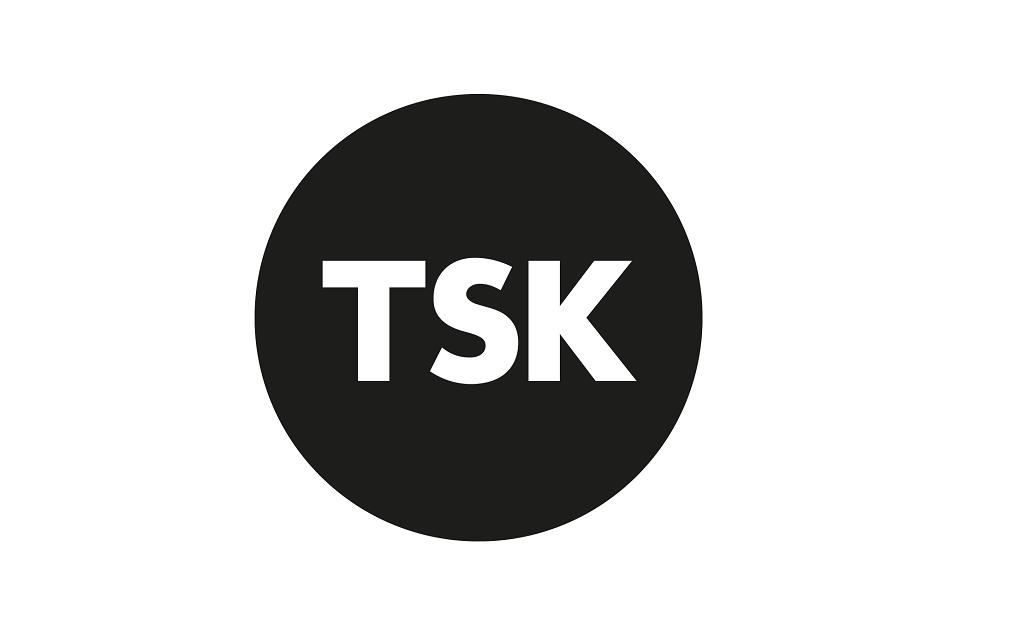Empty Property Rates Relief under the spotlight again
The Welsh Government has launched a second consultation on business rates, this time looking at the legislative and practical application of its draft regulations due to come into force on 1 April 2021.
To give it its full title, this is a technical consultation on The Non-Domestic Rating (Unoccupied Properties) (Wales) (Amendment) Regulations 2020. It will be open for a six-week period, closing on 12 November 2020. The Welsh Government had previously consulted on its policy intention, rationale and evidence for this change, so this consultation is now looking for views about the legislative and practical application of the Draft Regulations.
There are currently around 120,000 non-domestic properties and other types of hereditaments in Wales which raise over £1 billion in revenue for local authorities. The Government is looking to clamp down on business rate avoiders which it estimates costs the country between £10-20 million pa. Empty Property Rates’ Relief is a particular scheme that the Government is planning to amend, come April.
Currently, owners of empty non-domestic properties are not liable to pay rates for the first three months after a property becomes empty (the initial relief period). The aim of the initial relief period is to provide owners with a short reprieve from paying rates while seeking a new occupier or use for the property. After this period, the owner must pay full rates again. For industrial properties, the initial relief period is six months as industrial properties are generally harder to let and can take longer to repurpose.
However, if at any time the property is occupied for a temporary period of 43 days or more where full rates are paid by the occupier, this acts as a reset to the relief cycle arrangements, and the owner is eligible for another cycle of three or six months relief. There is no limit on the number of times an owner can claim future cycles of relief so long as the temporary occupation criteria is satisfied. The rule was introduced in 2008 to help owners who regularly let properties to short-term occupants, such as seasonal businesses.
While originally well-intended, says the Government, abuse has “become the most common and widely known method of non-domestic rates avoidance, where periods of artificial or contrived ‘occupation’ are staged”.
Proposed changes intend to take the 43 days up to six months with the occupier paying full rates before becoming eligible for a further period of relief.
If you to wish to take part in the consultation, click here.
Selected industry experts bring you insight and expert advice, across a range of sectors.
Subscribe for free to receive our fortnightly round-up of property tips and expertise
Selected industry experts bring you insight and expert advice, across a range of sectors.
Subscribe for free to receive our fortnightly round-up of property tips and expertise





